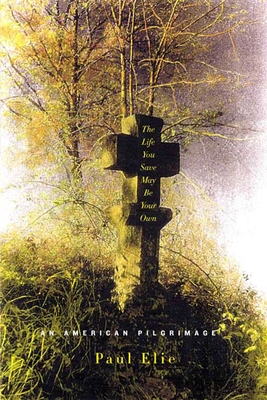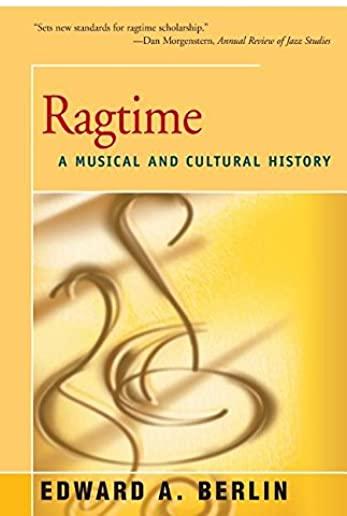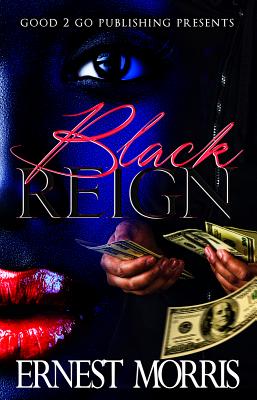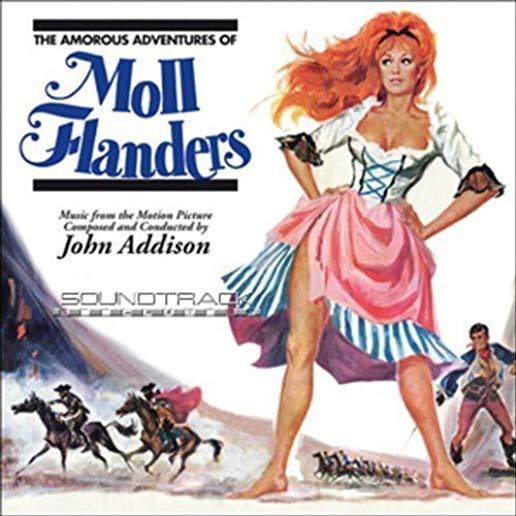
description
can Catholics who made literature out of their search for God In the mid-twentieth century four American Catholics came to believe that the best way to explore the questions of religious faith was to write about them-in works that readers of all kinds could admire. The Life You Save May Be Your Own is their story-a vivid and enthralling account of great writers and their power over us. Thomas Merton was a Trappist monk in Kentucky; Dorothy Day the founder of the Catholic Worker in New York; Flannery O'Connor a "Christ-haunted" literary prodigy in Georgia; Walker Percy a doctor in New Orleans who quit medicine to write fiction and philosophy. A friend came up with a name for them-the School of the Holy Ghost-and for three decades they exchanged letters, ardently read one another's books, and grappled with what one of them called a "predicament shared in common." A pilgrimage is a journey taken in light of a story; and in The Life You Save May Be Your Own Paul Elie tells these writers' story as a pilgrimage from the God-obsessed literary past of Dante and Dostoevsky out into the thrilling chaos of postwar American life. It is a story of how the Catholic faith, in their vision of things, took on forms the faithful could not have anticipated. And it is a story about the ways we look to great books and writers to help us make sense of our experience, about the power of literature to change-to save-our lives.
member goods
No member items were found under this heading.
listens & views

JAMES BROWN-HE'S THE GOD FATHER ...
by GOD SISTER OF SOUL PRESENTS THE JB'S
COMPACT DISCout of stock
$12.25
Return Policy
All sales are final
Shipping
No special shipping considerations available.
Shipping fees determined at checkout.






